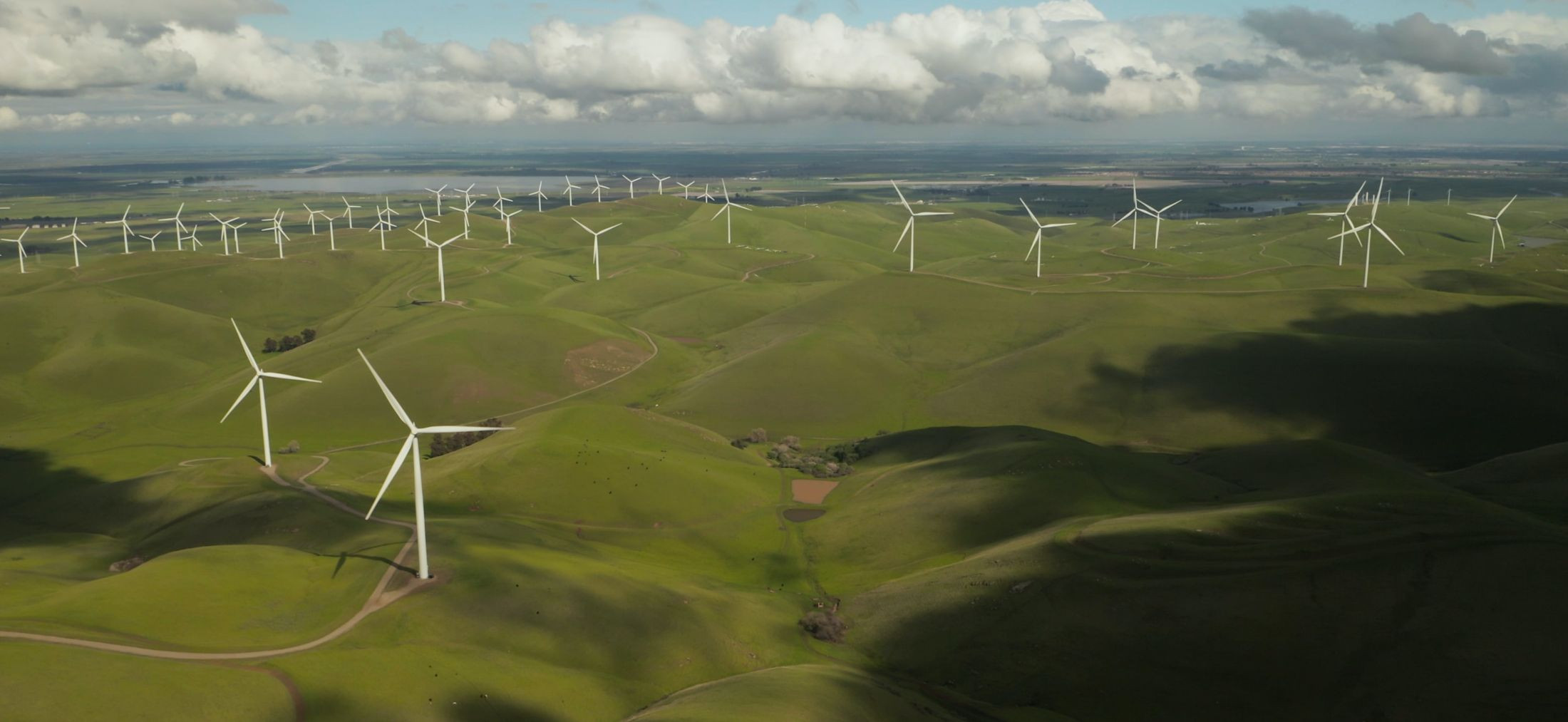He Waka Eke Noa
Posted: 13 May 2022
He Waka Eke Noa (HWEN) is a partnership established to reduce the emissions generated by the primary sector. It works to equip farmers to measure, manage and reduce on-farm agriculture greenhouse emissions and to provide sustainable farming practices for future generations.
More importantly, HWEN is developing a suitable emissions pricing scheme as the entire primary sector is not currently covered by the Emissions Trading Scheme (ETS). The government’s approval to this industry-led approach, however, comes with a large caveat – the ETS is the backstop for pricing agricultural emissions if HWEN does not deliver an effective and workable alternative.
HWEN has put forward two options to the ETS:
1. A farm-level levy: this will calculate emissions using farm-specific data and the farm will pay a price for its net emissions, or
2. A processer-hybrid levy: this will calculate emissions at the meat, milk, and fertiliser processor level, based on the quantity of produce received from farms or, the amount of product sold to farms. It will be paid at a processor level. This levy is likely be charged through to the farmer based on the quantity of product processed or supplied.
These options went out for public consultation earlier this year; HWEN will provide its recommendations to the government in late May.
These options aim to provide farmers with a practical and credible emissions pricing framework enabling them to control how their farm is operated. Crucially, the alternative mechanisms delink the methane price from the carbon price and give greater recognition of the sequestration on a farm, that is, a split gas approach.
Both the farm level levy and the processer-hybrid level acknowledge on-farm sequestration. For example, it would recognise native regeneration, riparian planting, shelter belts and other non-ETS eligible tree lots. This would be a significant win for many farmers who have invested heavily in improving the ecology and wellbeing of their land over the last few years.
What if either option is rejected?
If these two options are rejected, the sector will be subject to the ETS and the split gas approach will not be available; this means that the methane price will be linked to a rapidly increasing carbon price.
While agricultural emissions would be calculated at a processor level initially to create a ‘financial incentive’ for farmers to reduce emissions, it is likely that this would be passed on to farms based on the quantity of produce processed or product purchased. There is no doubt that costs for farmers would continue to increase annually, together with the ever-growing carbon price, despite continued work to reduce emissions.
‘Know your number’
Another milestone for HWEN is to ensure that all farmers and growers in New Zealand will know the annual methane and nitrous oxide emissions for their farms by December 2022. This has been dubbed ‘know your number’ by many in the primary sector. By 2025, each farm must have a written plan in place to measure and manage these emissions.
HWEN has defined a ‘farm’ as any farm over 80 hectares, or a dairy farm with a milk supply number or a cattle feedlot as defined in the National Environmental Standard for Freshwater. HWEN is supporting and assisting farmers in this process of knowing their numbers. While this space is still evolving and subject to change, the sooner farmers determine their numbers, the sooner they can understand where the emissions are being generated, and what actions may be taken to manage, mitigate or reduce them on farm.
Looking ahead
Regardless of the outcome that HWEN generates, the ETS and New Zealand’s international obligations create a need for better integration between forestry, emissions and the farming landscape. Farmers need to know their numbers so they can begin leveraging opportunities, and ensure they are in a good position for meeting legislative requirements.
To know more about HWEN and how it is working with the primary sector, click here. For advice relating directly to your farm or forestry situation, please don’t hesitate to contact us.
DISCLAIMER: All the information published in the Property eSpeaking, Commercial eSpeaking, Trust eSpeaking, Rural eSpeaking, and Fineprint newsletters is true and accurate to the best of the authors’ knowledge. It should not be a substitute for legal advice. No liability is assumed by the authors or publisher for losses suffered by any person or organisation relying directly or indirectly on this article. Views expressed are those of individual authors, and do not necessarily reflect the view of this firm. Articles appearing in Property eSpeaking, Commercial eSpeaking, Trust eSpeaking, and Fineprint may be reproduced with prior approval from the editor and credit given to the source. Copyright, NZ LAW Limited, 2026. Editor: Adrienne Olsen. E-mail: [email protected]. Ph: 029 286 3650 or 04 496 5513.
